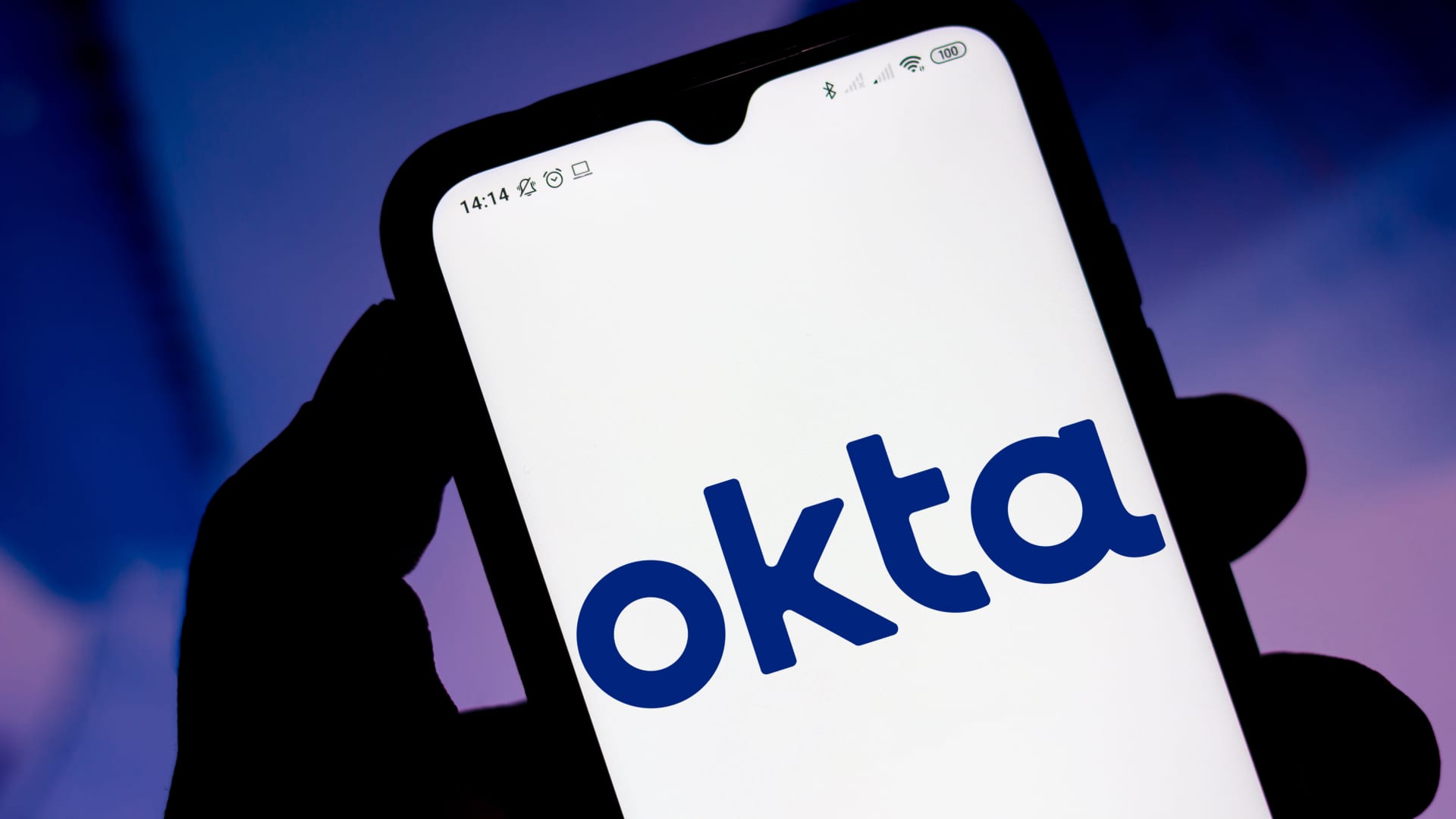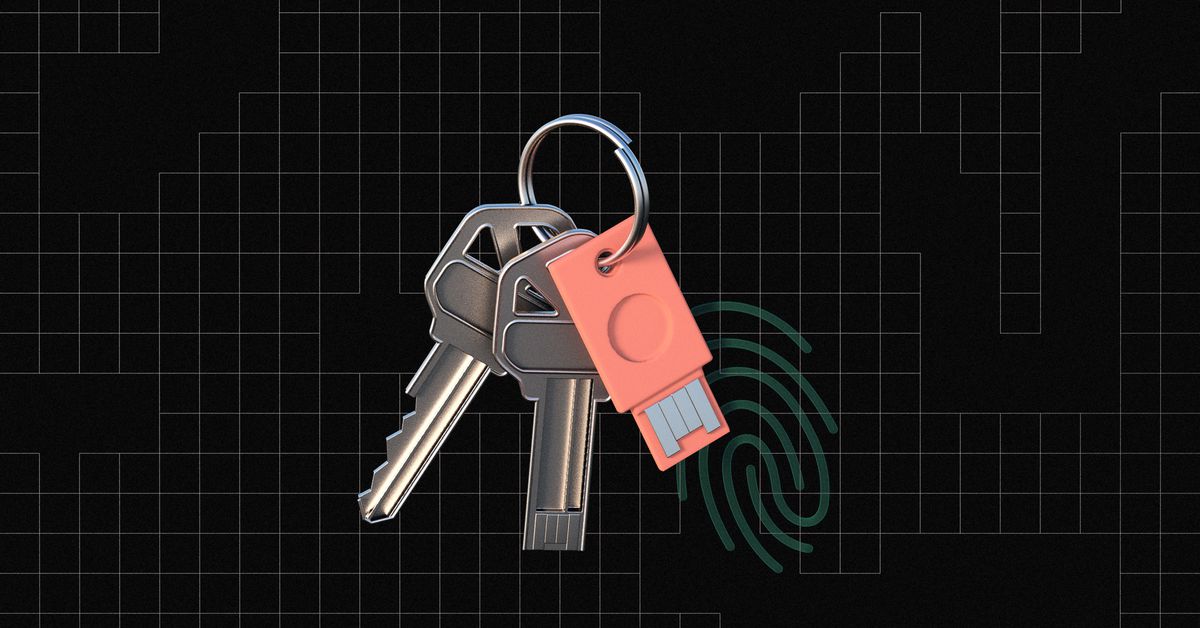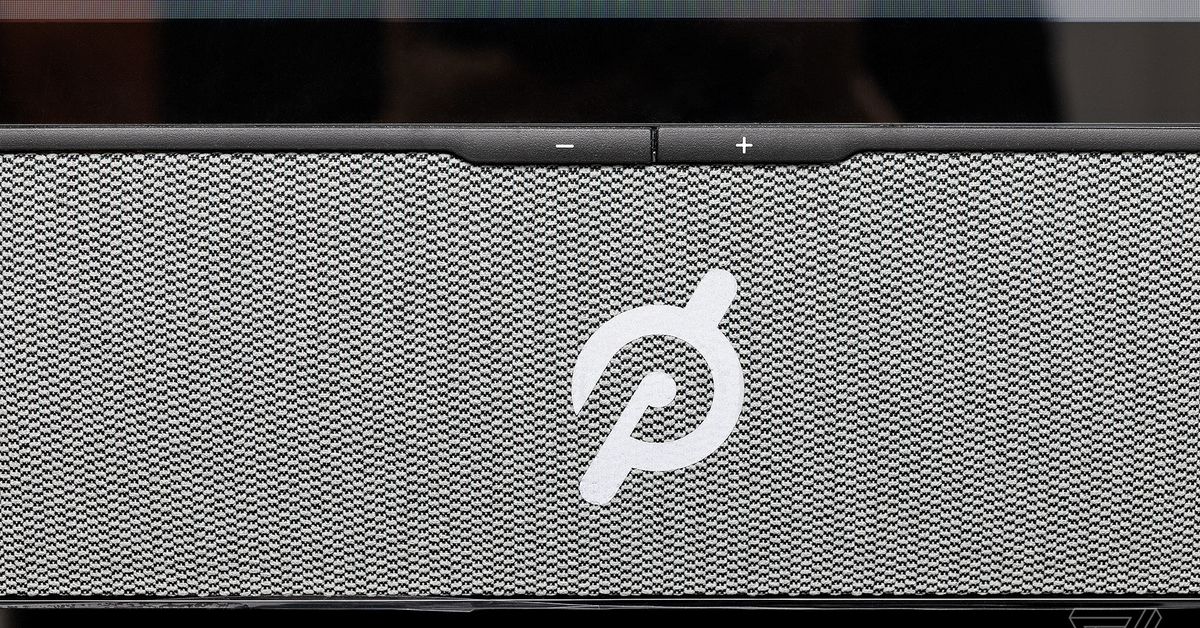Apple claims startup hired employees to steal chip secrets
Photo by Amelia Holowaty Krales / The VergeApple has sued a startup for allegedly stealing trade secrets to build a competing chip lineup. The company filed a lawsuit late last week in California, naming the Santa Clara-based Rivos as...

Apple has sued a startup for allegedly stealing trade secrets to build a competing chip lineup. The company filed a lawsuit late last week in California, naming the Santa Clara-based Rivos as well as two former Apple employees, Bhasi Kaithamana and Ricky Wen. It claims the company mounted a “coordinated campaign” to attract Apple employees and encourage them to copy confidential documents before leaving, violating their contract with Apple.
The case pits one of the biggest tech companies against a much newer rival, which Apple claims gained an unfair advantage by poaching dozens of its employees to get access to internal files.
Rivos was founded in May 2021 and has operated for months in stealth mode, hiring employees from several major tech companies. Apple says that included more than 40 of its engineers, many of whom were familiar with Apple’s system-on-a-chip (SoC) designs. But in addition to simply having general knowledge of SoCs like the M1 and A15, the suit alleges Rivos encouraged employees to copy troves of work-related documents before leaving.
“Rivos began a coordinated campaign to target Apple employees with access to Apple proprietary and trade secret information about Apple’s SoC designs,” it claims, hoping to gain an unfair advantage. Rivos didn’t reply to a request for comment on the suit.
Kaithamana and Wen, the individual employees named in the suit, were both longtime Apple engineers. Kaithamana had worked for the company for nearly eight years and Wen for nearly 14. Both had signed an intellectual property agreement (or IPA) that banned them from disclosing proprietary information. The complaint alleges that before leaving in August 2021, Kaithamana copied a series of spreadsheets, presentations, and text files onto an external USB drive under the name “APPLE_WORK_DOCS.” Wen also allegedly accessed files related to Apple trade secrets — including “files related to Apple’s unreleased SoC designs” — and then made a copy of his company-issued computer’s hard drive just before he departed.
“The sheer volume of information taken, the highly sensitive nature of that information, and the fact that these employees are now performing the same duties for a competitor with ongoing access to some of Apple’s most valuable trade secrets, leave Apple with few alternatives,” the suit says. Apple is asking for monetary damages and an order that would require Rivos to return any proprietary information.
Tech companies have mounted intense efforts to penalize trade secret theft in recent years. Congress took on the issue with the 2016 Defend Trade Secrets Act (DTSA), which moved many cases from state to federal courts. One of the highest-profile cases involved former Google and Waymo executive Anthony Levandowski, who was sentenced to 18 months in prison for spilling proprietary secrets at a new startup that was later sold to Uber. (Morrison & Foerster, the law firm now representing Apple, represented Uber in the case.)
Sharon Sandeen, director of the Mitchell Hamline School of Law’s Intellectual Property Institute, says the Apple case would likely have unfolded in a similar manner with or without the DTSA. Sandeen was a critic of the law before its passage, singling out provisions like a section that would make seizing companies’ assets easier — a rule she says was softened in the DTSA’s final version and has rarely been applied.
“There have not been many cases that have brought a civil seizure remedy, and those that have haven’t been very successful,” says Sandeen. Conversely, she says, federal courts are sometimes stricter in their legal interpretations than state ones — leading to trade secrets cases being significantly narrowed.
Trade secret cases sometimes involve highly nebulous claims, like a now-settled lawsuit alleging Meta CEO Mark Zuckerberg stole the idea for Facebook from Cameron and Tyler Winklevoss. In this case, Apple can point to what it characterizes as large-scale document copying as well as apparent attempts to erase evidence of that copying after the fact. But keeping private company documents isn’t necessarily trade secret theft either, although it may constitute a violation of the employees’ contracts. Apple has to establish that the information was secret, that it had economic value, and that Apple made reasonable efforts to stop it from becoming public.
That could involve focusing on the allegations about unreleased chips and the specific value of Apple’s Arm-based chip architecture — which Apple alleges is secret and similar to the architecture Rivos is using. That makes for a stronger case than claiming anything related to Apple’s chips is a protected secret. “They do a good job of pinpointing at a high level what they claim the trade secrets to be,” Sandeen says.
But Sandeen also worries that large companies like Apple and Google could be using trade secrets cases to weaken competitors, waiting until there’s an apparent threat from a potential rival and then filing suit. “What’s surprising to me in both Waymo v. Uber and in this case is there was a significant lag in time between when the employees left and when the lawsuit was actually brought,” she says. Apple and other “Big Tech” companies have faced increased antitrust scrutiny over the past few years — although Apple’s disputes have largely involved its app ecosystem, not its hardware components.
Apple’s suit, meanwhile, contends it previously informed Rivos of its theft in a letter and never heard back. “If Apple does not act to protect its most sensitive secrets now, Apple could lose trade secret status over them entirely,” it says. “That outcome is untenable.”

 JimMin
JimMin 
































